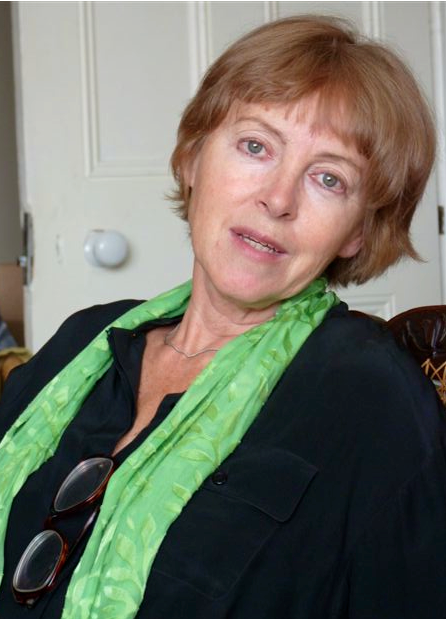People
Lesley Chamberlain praised for 'laudably unsentimental novel'
Wednesday 30 January 2013
 Lesley Chamberlain, a former correspondent who is better known for a dozen books, has just had her second novel published and there’s more to come. Her previous works, ranging from history, travel, history of philosophy and fiction, include philosophical biographies of Nietzsche and Freud.
Lesley Chamberlain, a former correspondent who is better known for a dozen books, has just had her second novel published and there’s more to come. Her previous works, ranging from history, travel, history of philosophy and fiction, include philosophical biographies of Nietzsche and Freud.
The new book, her second novel, is Anyone’s Game (Harbour Books), set after the Russian civil war of 1919-1921. The Independent, in a review, described it as a “laudably unsentimental novel” that “allows the weight of history to be leavened with a sense of an extraordinary life being lived”.
Born in Essex in 1951 and raised in Swansea, South Wales, Chamberlain, pictured, joined Reuters as a graduate trainee in 1977 after seven years of studying German and Russian at university, first Exeter and then Oxford. “I got to know Russia well as a country, and a culture, when I was posted there as a foreign correspondent, ages ago now, at the height of the Cold War. I thought that job was about ‘writing and travelling’ without realising what those words meant,” she says.
After Moscow Chamberlain combined solo motherhood with the routine of the World Desk in London. “Reuters offered me a post in Frankfurt but I knew my calling was elsewhere.”
Fond of European art, especially German art and literature in the 20th century, on her website she writes: “Reader, I married literature and never divorced it. And now I have to introduce myself as a writer.
“I’ve spent much of my life in the company of great German and Russian writers, when there weren’t nearly so many writers about.
“The important thing is to set the bar high. What is a writer after all? Not the same as an author (which I have in my passport.)”
Her previous divorce was from Reuters, in 1986. She told The Baron: “I divorced Reuters, but I'm still curious.”
Chamberlain’s next book is a philosophical non-fiction tale called A Shoe Story that reflects, by way of German art theory from the 1930s and postmodern art today, how the intellectual world has changed so vastly. She expects it to be published next year.
- « Previous
- Next »
- 441 of 574